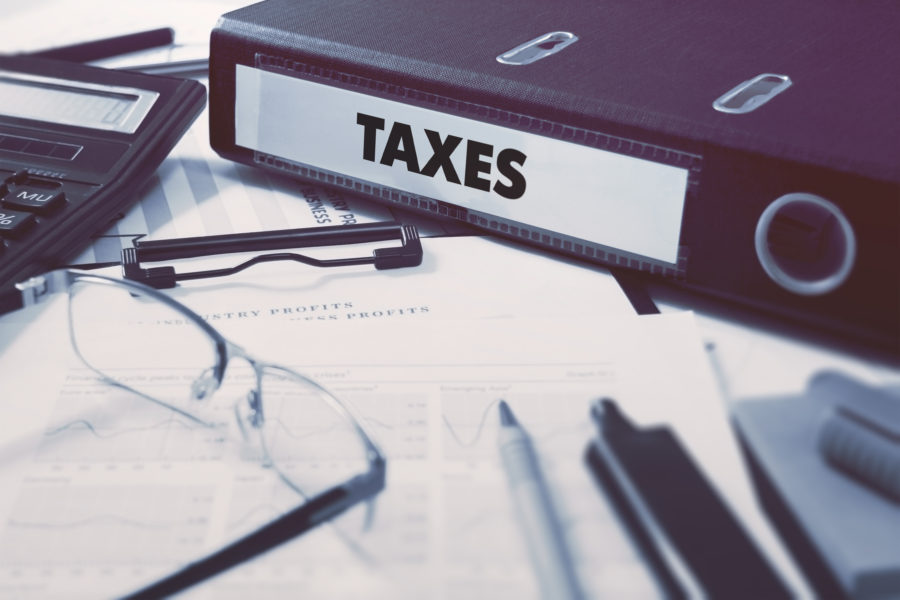Increasing levels of uncertainty resulting from Brexit and last week’s Queen’s Speech may leave businesses confused and frustrated about their tax, but uncertainty does not have to mean a lack of control.
What businesses should be doing?
Make sure that they have a robust business model and strategy to face ‘VUCA’ (volatility, uncertainty, complexity and ambiguity). Prepare these assuming at least two years of tax uncertainty as the current political situation evolves and the UK negotiate Brexit.
Invest in making sure their ‘house’ is in order, by claiming all the tax reliefs that are currently available to them. For example, they should review capital allowances claims on buildings and capital investment to see if they can improve them.
A relief all businesses, not simply ‘tech’ ones, should consider is the valuable Research and Development (R&D) relief.
Lobby for the changes that they believe will create a strong economy. Each parliamentary vote on tax matters could now be marginal, so business leaders should to ensure that MPs have clearly heard and understood their advice.
What does the government need to be doing?
The first Finance Bill should state whether or not those sections of it, removed from a truncated Finance Bill, passed just before the election, will be reinstated with effect from 1 April 2017. Some of the key provisions that were removed related to corporate loss restrictions, corporate interest deductions and how disposals of companies by a group are taxed.
Measures that improve Britain’s productivity and attract international investment should be introduced. Further enhancements to the R&D tax regime to encourage innovation, relaxation of the complex rules around investment tax relief (EIS, SEIS and so on), and enhanced Annual Investment Allowances for capital expenditure, would encourage investment in business. In addition, further incentives for taking on and training apprentices to improved productivity would also be a good idea.
Whatever steps the government takes to provide certainty and tax incentives, there is much that remains out of businesses control, including how the Brexit negotiations proceed and the wider economic environment. This is why businesses must captain their own ships and not wait for a government pilot to steer their courses.
Jane MacKay is head of tax at Crowe Clark Whitehill





